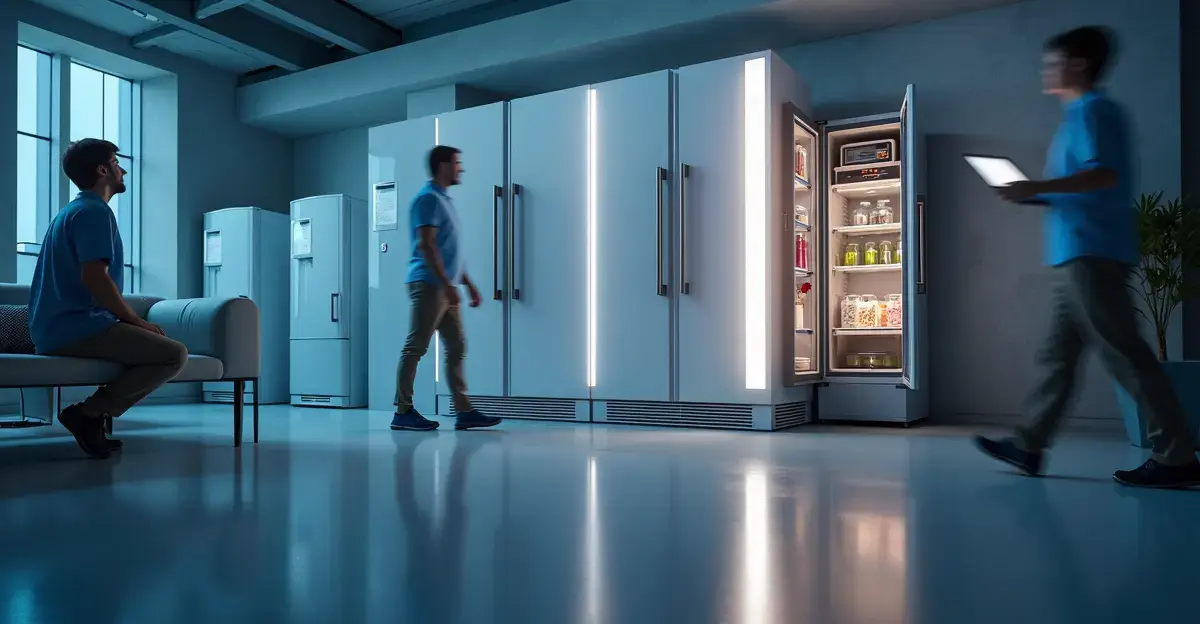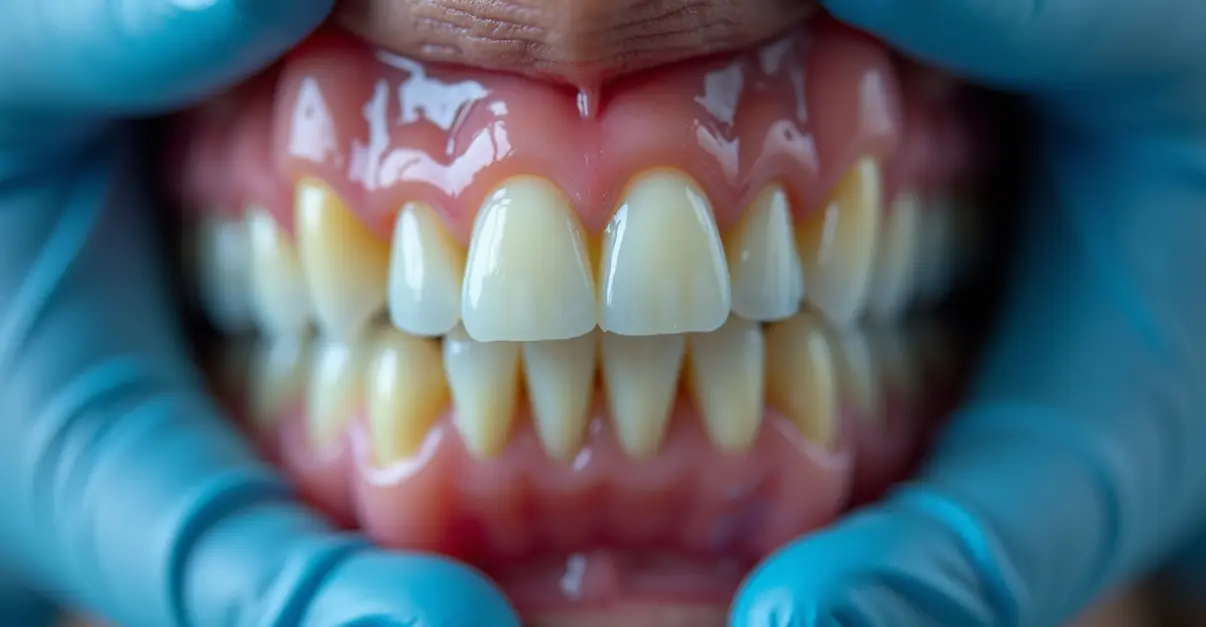For years, we've been presented with 'smart' refrigerators featuring touchscreens. A new breakthrough in cooling technology is truly smart: refrigerators become 70% more efficient at once, without a compressor, thus without buzzing, and still affordable.
Most refrigerators we use at home have a compressor. A proven and quite effective technology to pump refrigerant and keep the fridge cold. But there are limits to the energy efficiency of this technology, and moreover, a compressor always makes noise. Even the most expensive refrigerators hum when it's quiet enough.
Silent alternatives were not powerful enough for large refrigerators until now and are found, for example, in hotel minibars—which, of course, must not hum. A breakthrough now enables silent and much more efficient large refrigerators. Researchers from the Johns Hopkins Applied Physics Laboratory (APL), in collaboration with Samsung Research, have developed a breakthrough in solid-state cooling technology that works without a compressor.
Nanomaterial is Much More Efficient
The solid-state cooling works with thermoelectric cooling. New is the use of nanomaterials that cool twice as efficiently as existing systems. Moreover, the material is easy to produce on a large scale, according to the researchers.
The technology works with the material 'Controlled Hierarchically Engineered Superlattice Structures' or CHESS for short. This thin film of nanomaterial transfers heat more efficiently than conventional materials. Tests showed that CHESS materials are almost 100% more efficient at room temperature than traditional thermal materials. Built into a refrigerator, the material is 70% more efficient than the best thermoelectric cooling currently available.
Very Little Needed and More Applications
The most sci-fi part of the discovery: extremely little material is needed to make it work well. The CHESS cooling film to be applied in refrigerators is only 0.003 cubic centimeters in size. According to the researchers, only 1 grain of sand worth of material is needed per refrigerator to cool efficiently. This makes mass production quite simple and, according to the researchers, also very cheap.
APL and Samsung Research continue to collaborate to further develop CHESS technology, eventually expanding it to larger cooling systems with AI-driven energy optimization. The researchers also see broader applications, such as in air conditioning systems. The material could also be used to convert body heat into energy, it's that efficient. You might soon be able to charge your phone while jogging.

 Nederlands
Nederlands
 English
English
 Deutsch
Deutsch
 Français
Français
 Español
Español
 Português
Português










